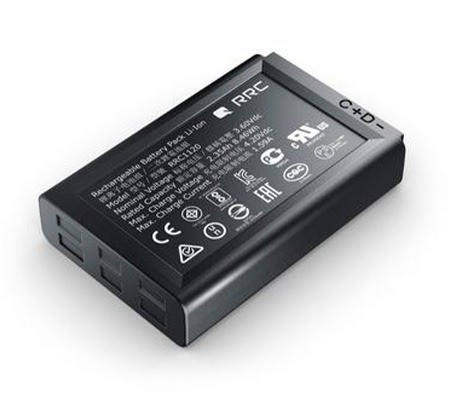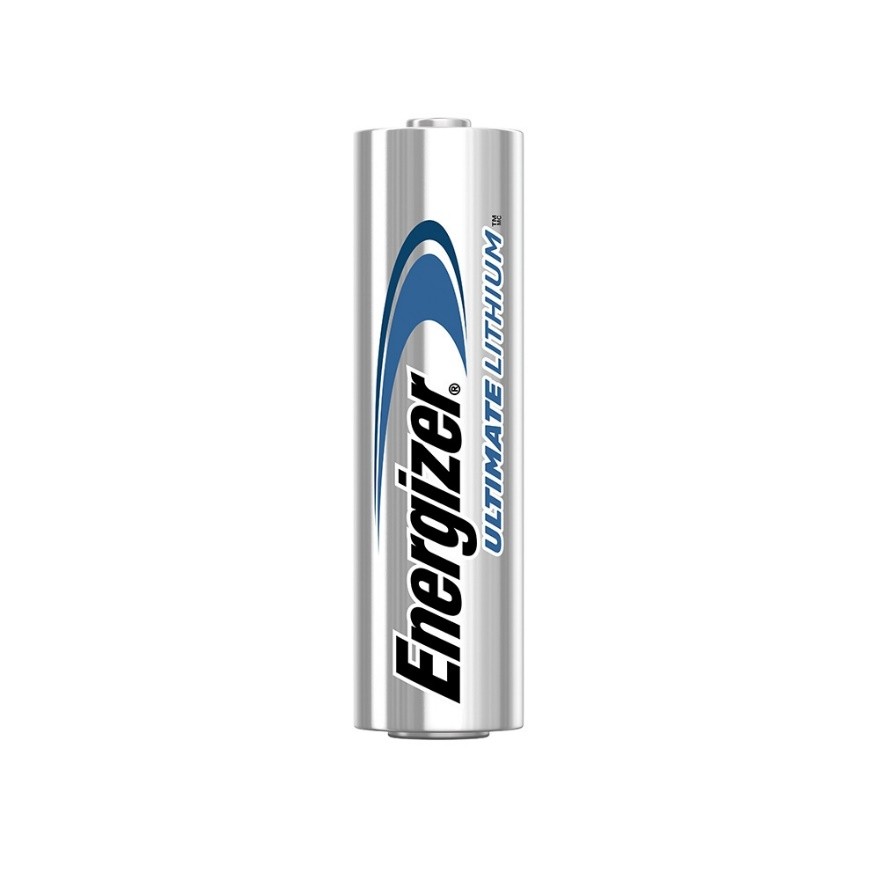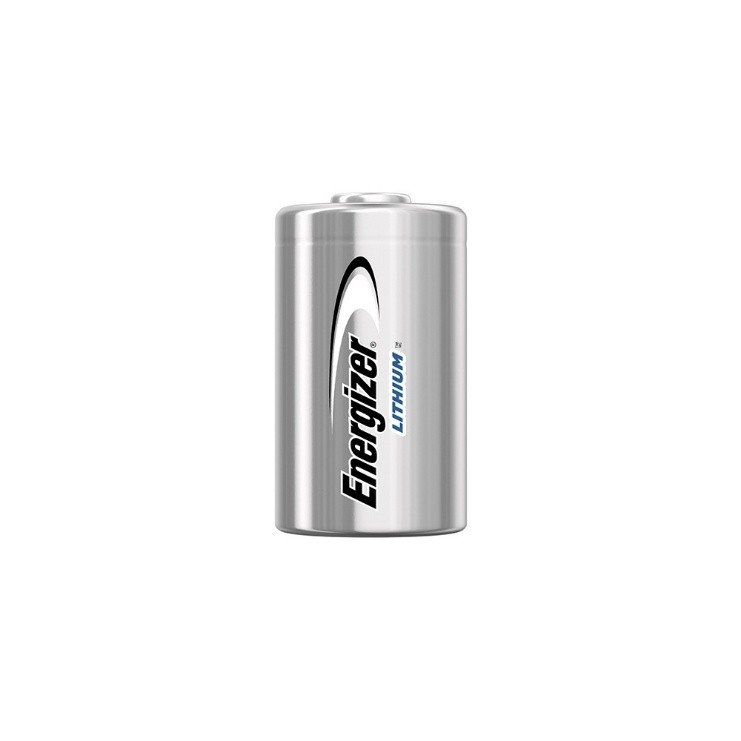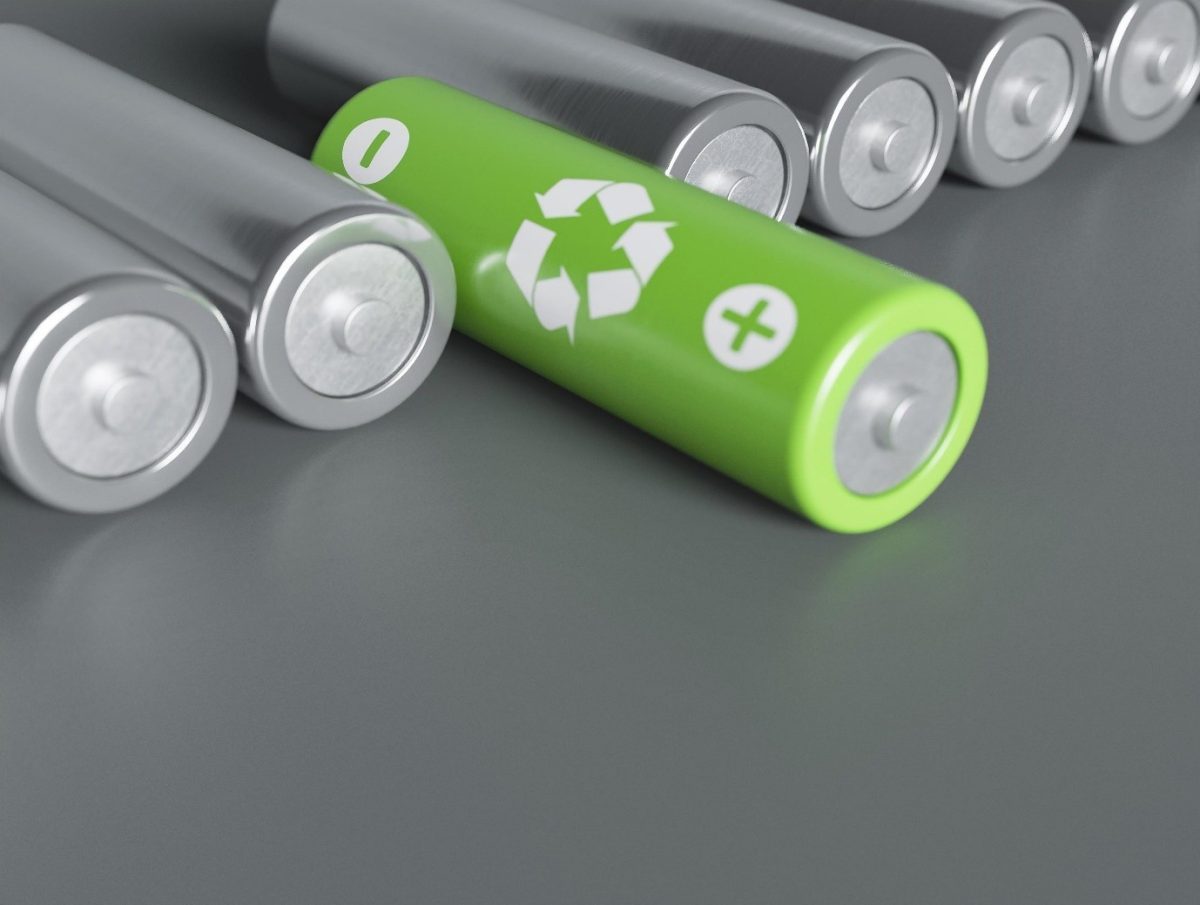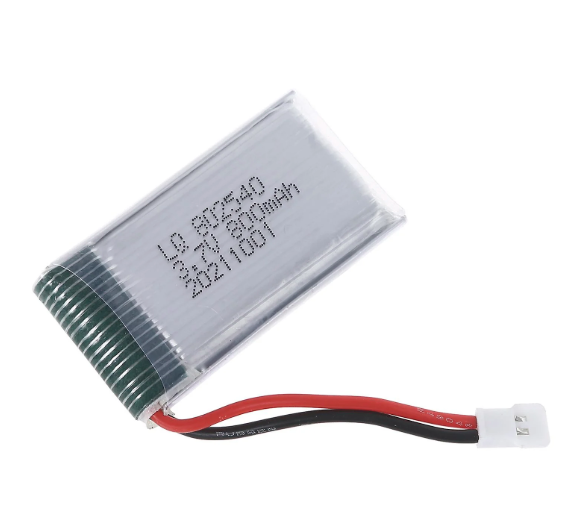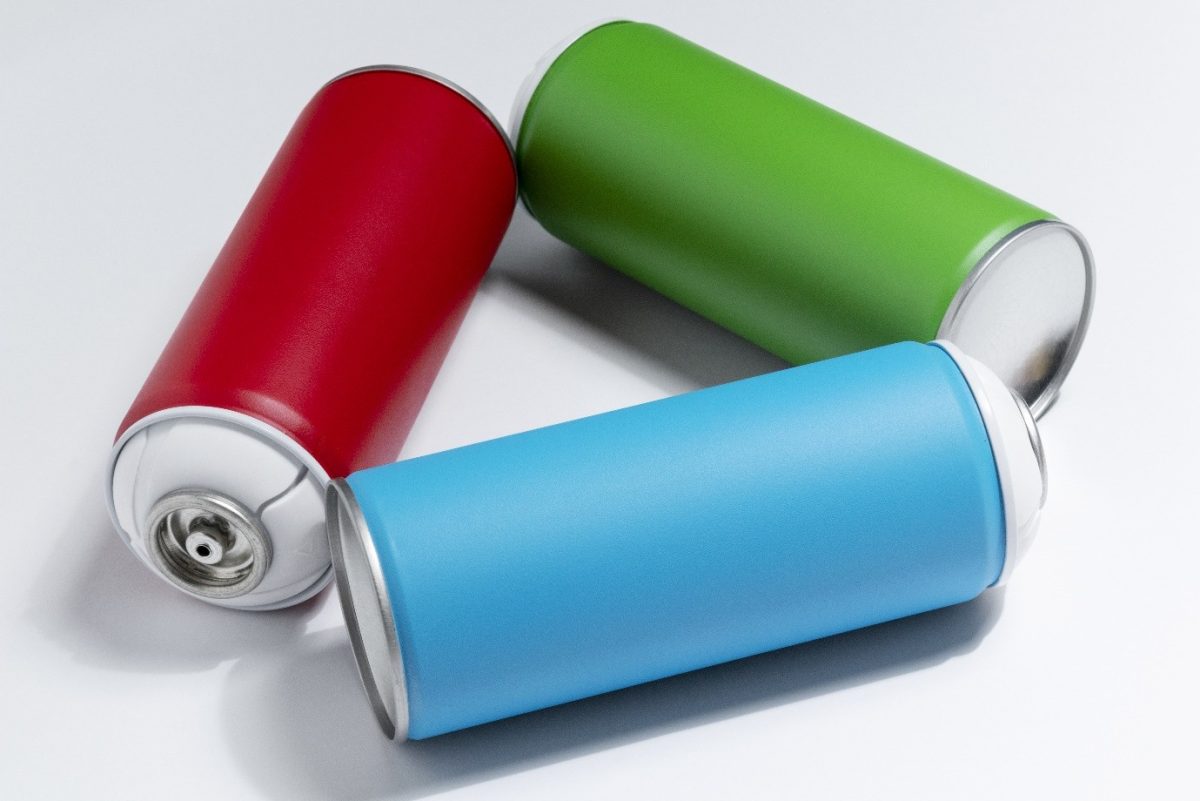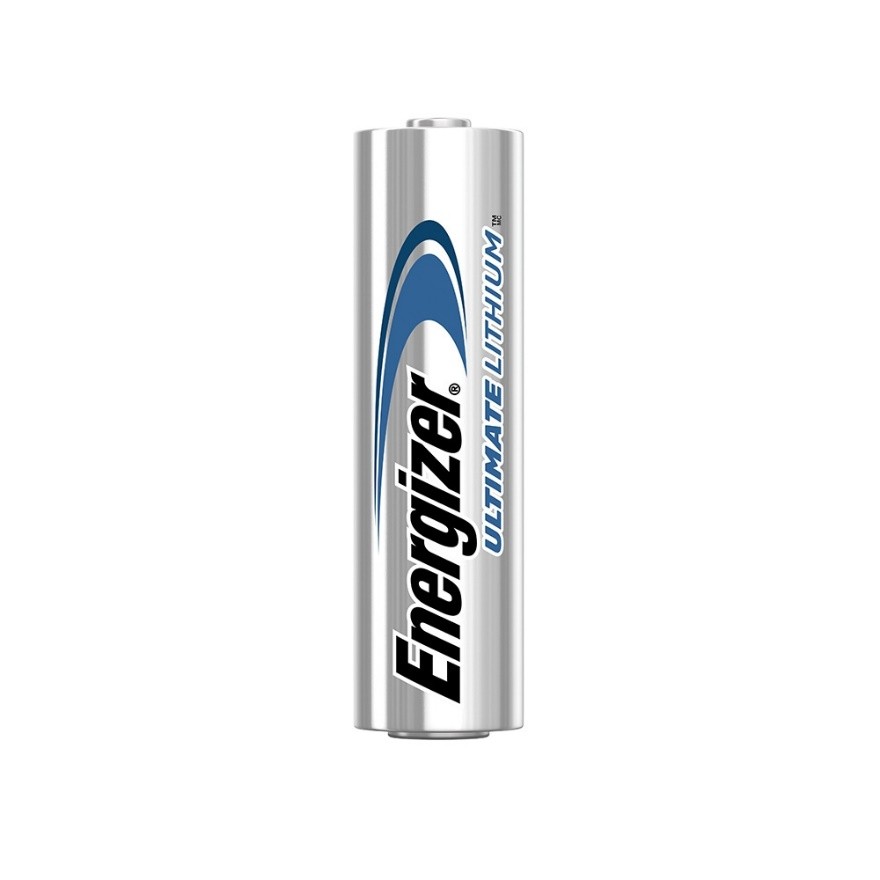Have you ever been frustrated by juggling multiple chargers for different devices? With the rapid expansion of technology, electronic devices now come with unique power requirements. This has made it difficult for consumers and businesses to keep up with charging solutions that meet their diverse needs.
A universal battery charger with batteries is designed to solve this problem. However, newer innovations in customizable charging solutions are making these devices even more efficient, offering flexibility and convenience like never before.
The Limitations of Standard Chargers
Most traditional chargers are designed for specific battery types or brands. This approach creates several challenges:
- Lack of Versatility: Each device requires a different charger, leading to clutter and inefficiency.
- Battery Damage: Using incompatible chargers can shorten battery lifespan and reduce performance.
- Inconvenience: Multiple chargers mean carrying extra accessories, which is inconvenient for professionals and travelers.
As battery technology advances, a more flexible and adaptable charging solution is necessary.
The Rise of Universal Battery Chargers
Universal battery chargers were introduced to eliminate the need for multiple chargers. These devices are capable of charging various battery types and sizes, making them an attractive option for consumers and industries alike.
Key Features of Universal Battery Chargers
- Adjustable Contacts: Allow compatibility with different battery shapes and sizes.
- Smart Recognition: Detects battery type and adjusts charging parameters for optimal performance.
- Overcharge Protection: Prevents overheating, reducing the risk of damage or battery failure.
Such advancements are improving user experience and battery longevity.
Benefits of Customizable Charging Solutions
While universal chargers solve many issues, customizable charging solutions take it a step further by allowing users to tailor the charging process to their specific needs.
Why Customizable Chargers Are the Future
- Optimized Charging: Users can set precise voltage and current levels, preserving battery health and efficiency.
- Enhanced Safety: Custom settings help prevent overheating, short circuits, and overcharging.
- Future-Proofing: As battery technology evolves, customizable chargers can adapt to new requirements without needing replacement.
With industries relying more on rechargeable technology, these features are becoming essential for long-term power management.
The Role of Lithium Battery Suppliers
The effectiveness of universal and customizable chargers depends heavily on the quality of lithium battery suppliers. Reliable batteries are necessary to maintain efficiency and ensure long-term performance.
What to Look for in Lithium Battery Suppliers
- High-Quality Cells: Ensures safe and reliable energy storage.
- Custom Battery Packs: Provides industry-specific solutions for different applications.
- Advanced Battery Management Systems (BMS): Helps regulate charging cycles and extend battery life.
For instance, Emerging Power specialize in developing high-performance lithium battery solutions that support the growing demand for universal charging.
Industry Applications of Customizable Charging Solutions
Customizable chargers are not just for personal use. Many industries benefit from their adaptability and efficiency.
Where Customizable Chargers Are Making an Impact
- Consumer Electronics: Reduces the need for multiple chargers, simplifying daily charging routines.
- Industrial Equipment: Provides precise power management for heavy-duty machinery.
- Medical Devices: Ensures uninterrupted power for critical healthcare equipment.
- Military & Aerospace: Supports mission-critical applications with custom power solutions.
- Electric Vehicles (EVs): Tailored charging profiles extend battery life and performance.
As battery-dependent industries grow, battery pack designers and manufacturers continue to refine these charging technologies.
Emerging Power: Leading the Way in Custom Charging Solutions
Companies like Emerging Power are driving innovation in custom battery manufacturing. Their expertise in battery pack design and high-efficiency chargers ensures that businesses and consumers receive reliable, long-lasting energy solutions.
What Emerging Power Offers
- Customizable Charging Solutions: Designed to meet specific industry needs.
- High-Quality Battery Packs: Ensures safe and efficient energy storage.
- Advanced Charging Accessories: Enhances battery life and reduces energy waste.
Conclusion
The shift toward customizable charging solutions is transforming how we power our devices. With the growing reliance on battery-powered technology, universal battery chargers with batteries must evolve to meet modern demands.
As lithium battery suppliers and battery pack designers continue to innovate, these advancements will lead to safer, more efficient, and future-proof power solutions. Investing in customizable charging technology ensures longer battery life, reduced energy waste, and improved device performance.

